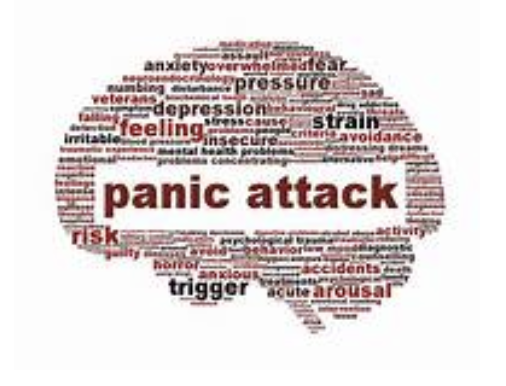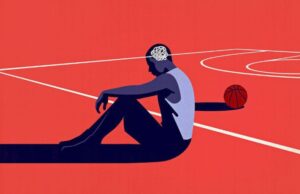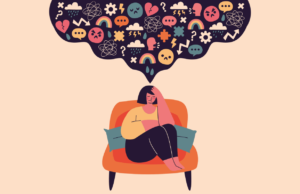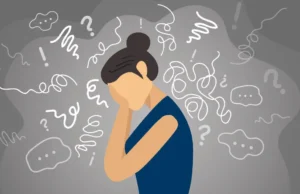How to prevent major anxiety attacks

Anxiety is common in a lot of people, children, teens, young adults, even senior citizens. Anxiety attacks are caused by various internal, as well as external events. Here are some feelings or symptoms that occur in individuals in an anxiety attack.
- An overwhelming feeling of fear
- The feeling of going crazy or losing control
- The feeling in grave danger
- The feeling of passing out
- A surge of doom and gloom
- An urgency to escape
- Dizziness
- Heart palpitations
- Trembling or shaking
- Sweating
- Shortness of breath
- Chest pressure or pain
- Turning pale
- Feeling detached from reality
- Weak in the knees
- Burning skin
- Pins and needles
- Hot and cold flashes
- Numbness and tingling sensations
The other symptoms that most people experience are:
- A choking sensation; tightening throat; a feeling of something being stuck in your throat
- Confusion
- Depersonalization (feeling detached from oneself, separate from normal emotions)
- Derealization (feeling unreal, or in a dream-like state)
- Dizziness, lightheadedness, or unsteadiness
- Emotional distress
- Emotional upset
- Inability to calm oneself down
- A knot in the stomach, tight stomach
- Nausea
- Panicky feeling
- Pounding, racing heart
- Butterflies in the stomach
- Sudden urge to use the bathroom
- Vomiting
- Feeling like crying
Now, those were the symptoms of anxiety attacks. The next start is understanding and stopping future or occurring anxiety attacks.
- Understand what is causing the current anxiety attack. It could be triggered by a mental response to something bad happening in the physical area, emotional trauma coming back to memory, any number of external as well as internal factors that cause this to happen.
- Stress hormones are limited in what they can do. Stress hormones will end a short while after the anxiety attack starts.
- You (the person having the attack) have the power to end anxiety attacks whenever you want. Voluntary anxiety attacks are caused by overly apprehensive behavior, such as worrying and imagining the worst. If you imagine that you’re in grave danger, then your body will have the same response. If you think that you’re in a safe and peaceful (and/or) comforting environment, your body will believe that you are in a safe environment.
- Relaxed breathing. The body relaxes when the breathing is calm of the one inhabiting the body.
- Reframe anxious behavior and stop scaring yourself. Think of things that calm you. Instead of thinking “this is so horrible it’s all going downhill” try thinking “this may be how things are now, but it’ll get better soon.”
- Calm yourself. Think calming thoughts. It may be hard since you’re having an anxiety attack, but this may be helpful for a friend that’s having one as well. Imagine flipping a switch. This switch controls whatever is causing the attack. Imagine flipping the switch from on to off. Sometimes visualization is a better mechanism for some, as description or calming words may be better for others.
- Relax your body. Imagine someone that means a lot to you that you’re emotionally attached to. Sit or lay down to make this easier. Imagine every part of your body, go slowly. Start from your fingertips and slowly go to your fingers, your hand, your wrist, your forearm, your elbow, your bicep, up to your shoulder. Repeat the process with your legs and arms until you feel relaxed.
- Distract yourself. This is a very easy way to get around an anxiety attack, but it’s also really difficult. Talk to one of your closest friends, listen to music, try to write a story, journal how you’re feeling, draw, or even try to take photos. There are many ways to distract oneself while having an anxiety attack. Absorb yourself in that task until the attack ends.
- All panic attacks end. If the above attempts at calming oneself down, try waiting it out. There are healthy and unhealthy ways of dealing with a panic attack. The ones listed so far are considered healthy ways of coping.
- High degree emergency responses are supposed to feel strong. When you think that you’re in danger, the body’s immediate responses are triggered. These are better known are fight or flight. Even though anxiety attacks seem to make you feel like you’re out of control, you’re not.
Using the above coping mechanisms are ways to prevent and/or stop anxiety attacks from happening. If they occur anyway, then get ahold of your closest friend. If you’re at school, then try talking to your favorite teacher. Given the variety of situations that can occur, get ahold of those you feel comfortable around as soon as you can if you cannot calm yourself down.









You must be logged in to post a comment Login